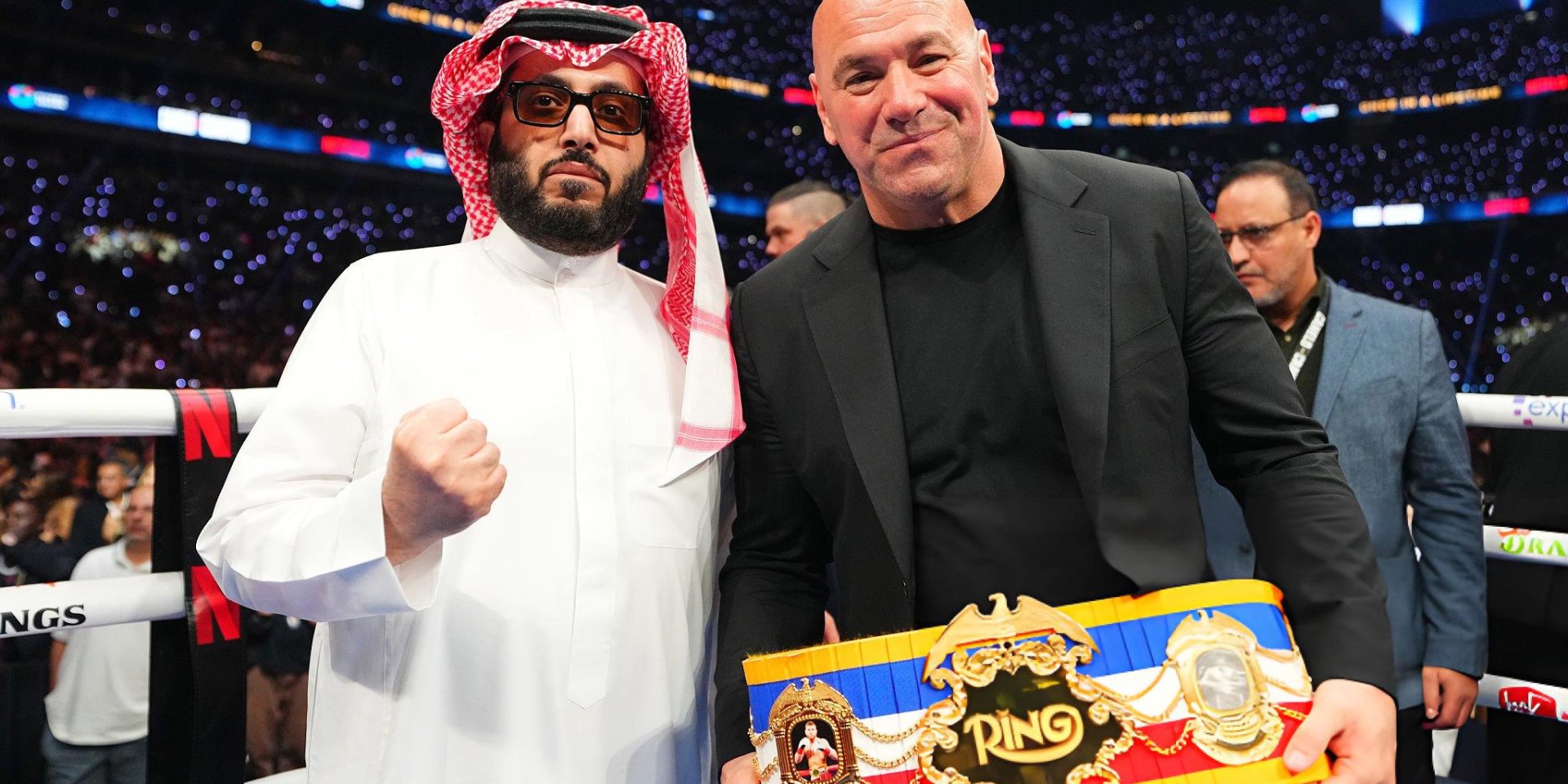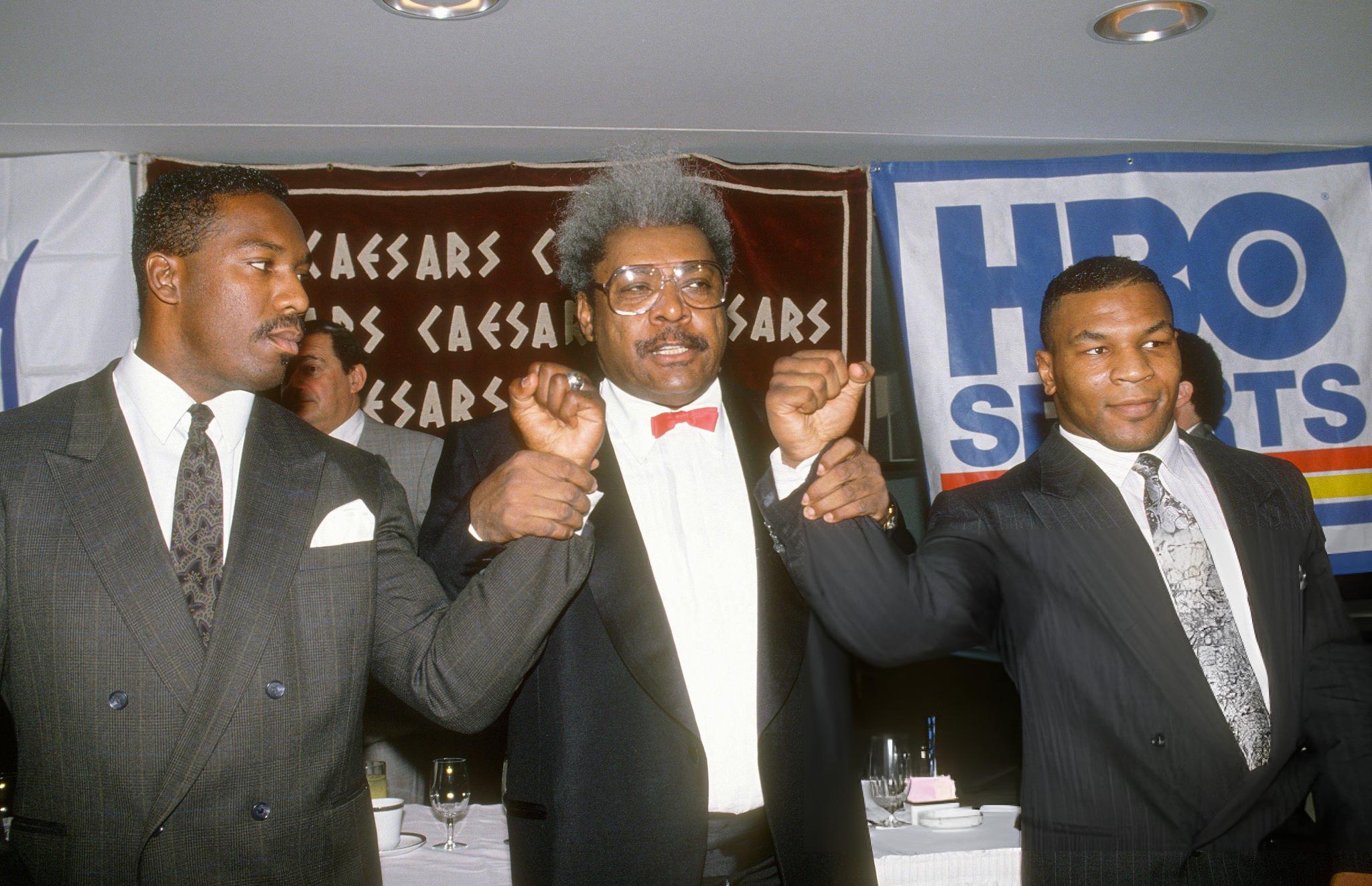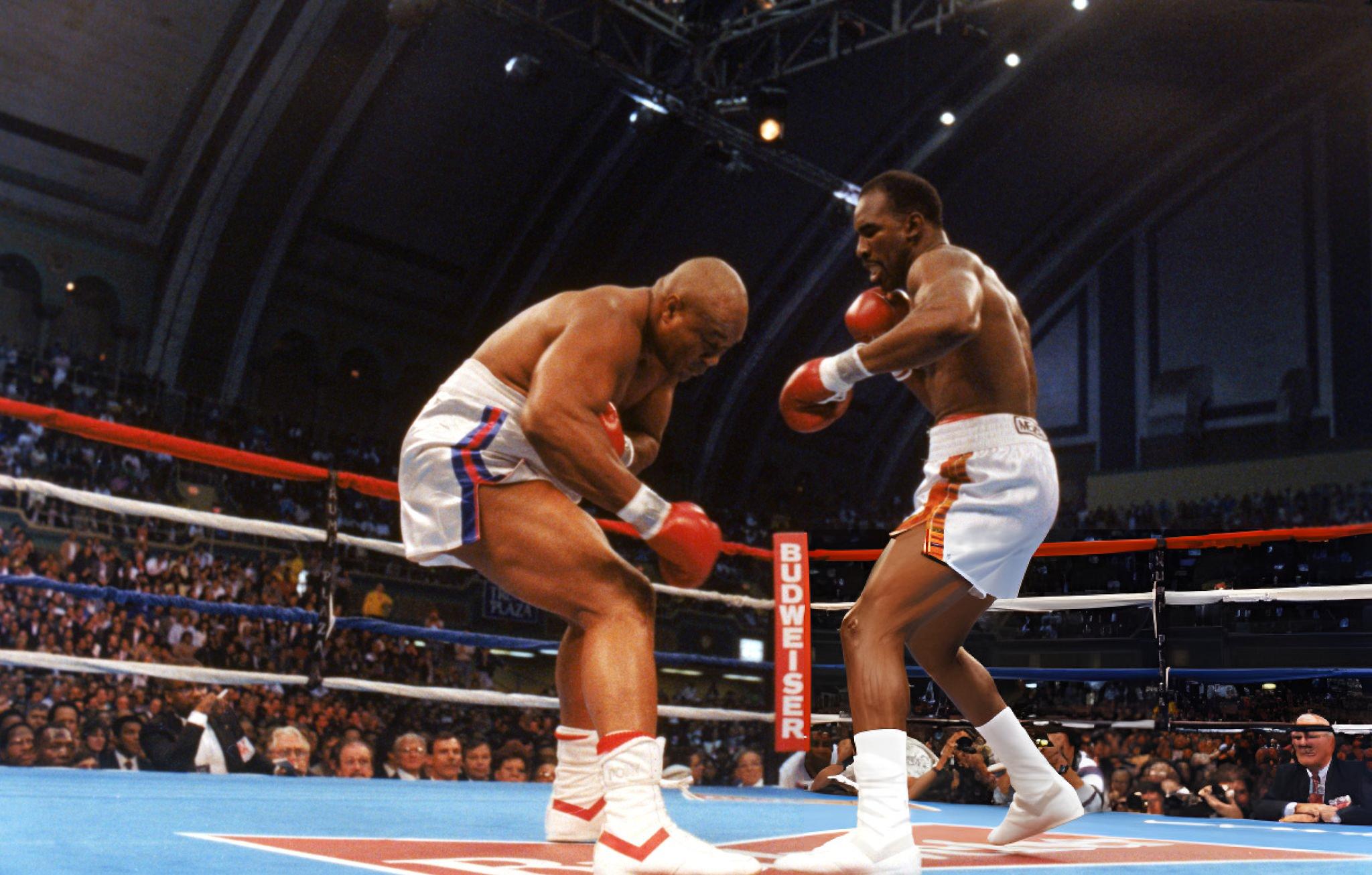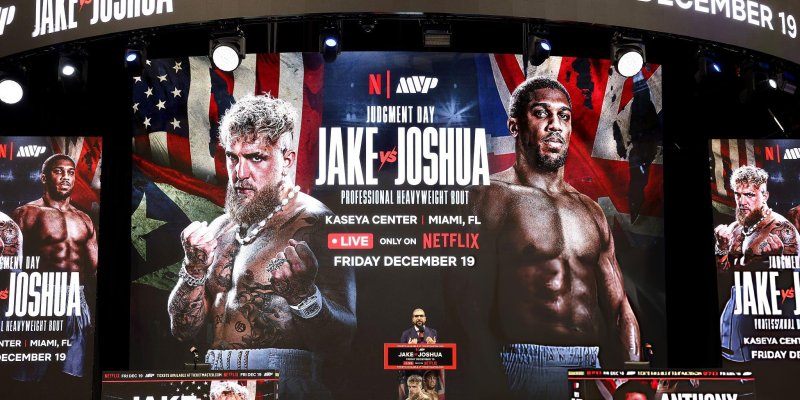
Over the past eighteen months, a new architecture of influence has been taking shape around professional boxing. UFC President Dana White, the unified TKO structure (which includes UFC and WWE), and Saudi partners are trying to relaunch the market — from tournament formats to the legal framework. At stake are not only rankings and belts, but the very spirit of "free" boxing that the Muhammad Ali Act has regulated for a quarter of a century. The proposed amendments promise insurance policies and clear medical requirements — and, at the same time, threaten the monopolization of matchmaking. Where is the line between imposing order and suffocating competition?
The Ali Act: Why It Emerged and What It Actually Changed
Enacted in the United States in 2000, the Ali Act was a response to the chaos and conflicts of interest that engulfed professional boxing in the 1990s. The systemic problems were obvious: several states lacked strong commissions; alliances between promoters and officials eroded confidence in ranking lists; and boxers often did not understand how revenue from their bouts was divided. The Act brought state boxing commissions and the Association of Boxing Commissions (ABC) to the fore, gave them a unified licensing and reporting system, compelled promoters to disclose financial details, and curtailed the practice of "blind" contracts. An important effect was the empowerment of the manager as the athlete’s advocate between the boxer and the promoter.
Even so, the statute left gaps. It did not mandate insurance compensation for injuries, did little to restrain arbitrariness in the rankings (the mechanism for justifying reshuffles worked far from perfectly), and did not set a minimum purse floor. As a result, even years later you could find bouts where fighters stepped into the ring almost "for the idea," risking their health without financial guarantees.
The 2025 Amendments: Safety, Minimum Pay, and the New UBO "Superstructure"

On Capitol Hill, lawmakers proposed updating the Act with an emphasis on safety and standards. The draft provides insurance for every bout participant (coverage up to a set cap for injuries sustained in the contest), requires two ambulances to be on site, and mandates annual medicals with brain MRI; for athletes over 40, additional ECG, chest X-ray, and a comprehensive metabolic panel are stipulated. The organizer bears the costs. A purse floor is also added: no lower than a fixed amount per round, to eliminate fighting for pennies. In anti-doping, the draft enables unannounced testing and public disclosure not only of a failed test but also of the substance type.
The most controversial innovation is the emergence of a leading body — the Unified Boxing Organization (UBO) — which can operate alongside current sanctioning structures, compile its own rankings, and authorize title and eliminator bouts for those contracted to it. In effect, it attempts to gather the schedule of top fights under one roof and impose uniform rules of the game — from selecting contenders to the frequency of defenses.
The Saudi Factor and TKO: A Vertical Instead of the Promoters' Web
Against this backdrop, Saudi Arabia’s influence — and that of Turki Al al-Sheikh personally — is growing. Partnership with TKO, acquisitions of media assets, and regular supercards are turning Riyadh into an alternative center of power. In tandem with Dana White, a league format is being launched: a hard ladder for contenders, frequent "best versus best" matchups, and a clear pay scale from ranking bouts to title defenses. The idea is simple: the audience gets regularly assembled supercards and a clear track to the belt without the "marination" created by mandatory defenses and soft voluntary opponents.
This model is natural for MMA, where UFC has built a vertical decision-making structure for years. For boxing, accustomed to a multi-promoter ecosystem, it is revolutionary: a single calendar, a single matchmaker, a single broadcast rhythm, and possibly a single "status belt." If UBO’s ranking system is tied to this vertical, the industry gets a new "constitution."
The Cost of Centralization: Managers on the Chopping Block and Less Transparency

A strong vertical almost always clashes with the institution of managers. The amendment draft embeds strict conflict-of-interest rules that effectively shut out hired managers in their usual form. In an ideal world, that would reduce gray deals; in reality, it can deprive fighters of a professional advocate at their side. Another worrying detail is a potential retreat from detailed, public financial reporting on bouts. In MMA, sponsor packages and the true revenue split are rarely disclosed. If boxing inherits this practice, a fighter’s negotiating position weakens.
Attempts to pull adjacent combat sports under the Ali Act have been made before — but the largest MMA leagues defended the centralized model. Boxing risks repeating that trajectory, only faster and more rigidly.
Money Talks: Why Boxers Fear a "Salary Cap"
The chief argument of critics is economics. In boxing, the lion’s share of the pie has gone to superstars for decades: major PPVs created a setup in which the two principals captured nearly everything. It is enough to recall megafights where total revenue reached hundreds of millions and headliners’ payouts approached astronomical figures. In MMA, by market estimates, the fighters’ share of total revenue is significantly lower — a constant source of tension.
If boxing shifts to a "UFC-like" planning model, a "pay ceiling" feeling is inevitable: the league will pay according to internal scales that lean not on the tradition of auctions and promoter bidding wars, but on ARPU projections and the calendar’s PPV capacity. Only media megastars — or targeted outside investments — will occasionally punch through that glass ceiling.
If the Amendments Pass: A Split System, But More Spectacle

In practice, we face "two worlds — two versions of boxing." On one side stands the league’s vertical with unified matchmaking, administration, and safety standards. On the other is a coalition of sanctioning bodies and major promoters seeking to preserve familiar mechanics: multiple belts per division, flexible opponent selection, and numerous entry points for prospects. Fighters will have to choose: enter a tidy but strict system with constrained rights, or remain in a freer ocean where pay depends more on negotiating leverage and luck.
The viewer will likely gain in the short term. One champion per weight class, a clear contender ladder, fewer belts on "vacation," and more genuine unifications — all of that increases the density of big fights. Add regular numbered PPV events, and boxing can turn into a steady high-profile conveyor. But the sporting fairness of rankings will not automatically improve: in any format, media profile and the box office will remain as decisive as record and quality of opposition.
The Long Game: Courts, Deals, and the Fight for Assets
Even with a swift legislative decision, this restructuring will not happen overnight. Legacy promotional houses will battle in regulatory and civil courts to protect contracts and rosters. On the other flank, deals for media and infrastructure assets — acquisitions, partnerships, exclusives — will continue. Attempts to swallow major players or their catalogs are a logical step toward controlling the schedule and rights. And the stronger the outside investment, the faster the center of gravity will shift.
Instead of an Afterword: Reboot or Takeover?

Boxing’s reboot is overdue: viewers are tired of fragmentation, and fighters of bureaucracy and "marination." The Ali Act amendments offer a rare chance to enhance safety and impose managerial order at the same time. But the price of such surgery may prove too high if, along with the chaos, the sport spills out what made boxing unique — promoter competition, bargaining freedom, and multiple pathways to the top. The balance between protecting rights and efficient governance is fragile. Which way the pendulum swings will determine not only star purses but also the fates of thousands of boxers around the world.








